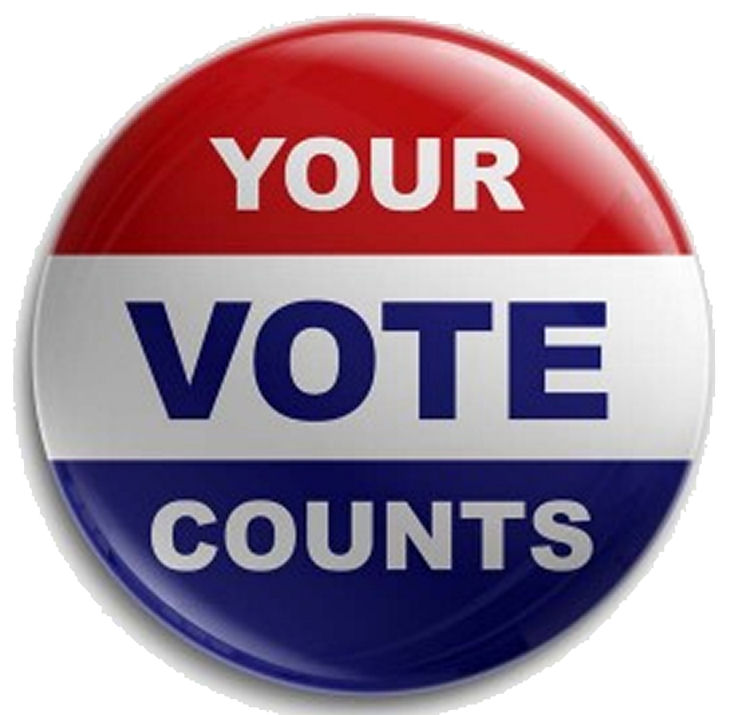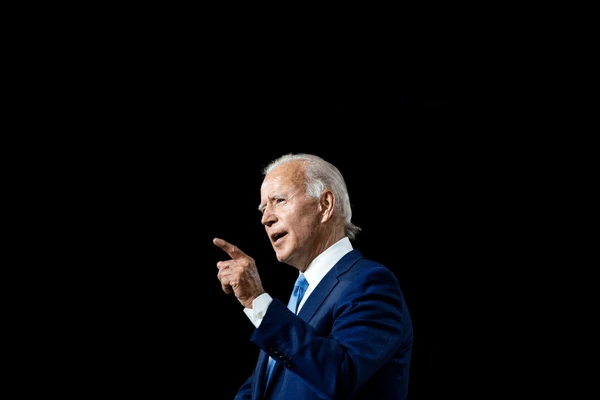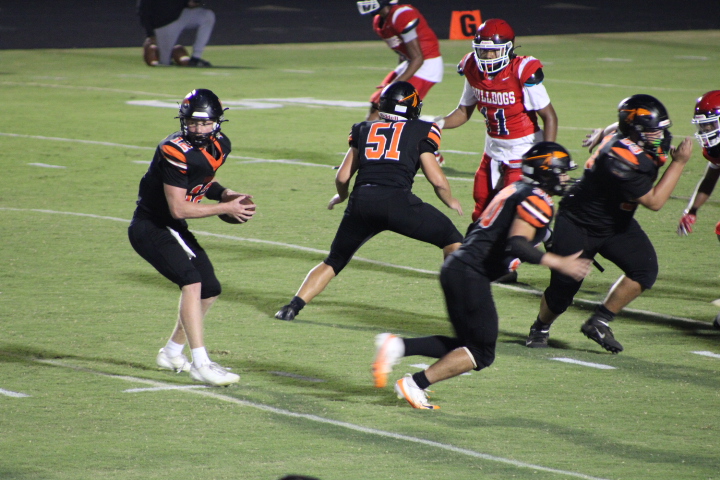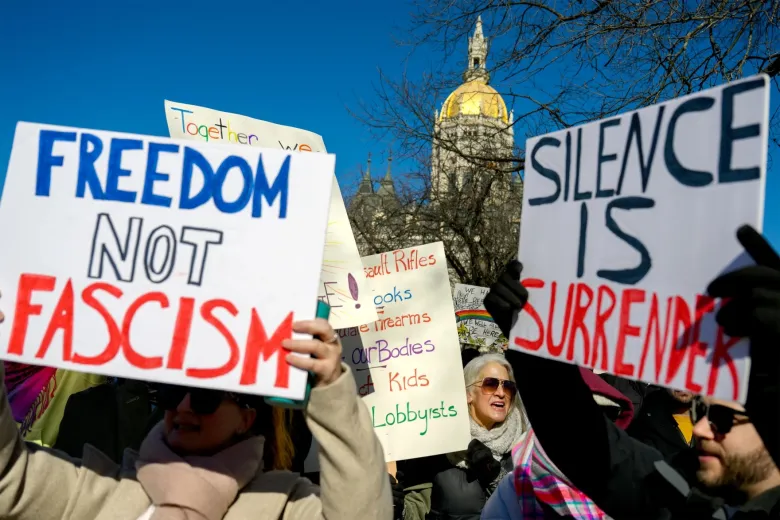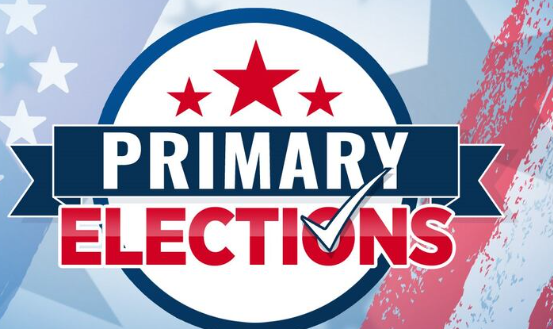
The Primary elections occur every four years before the General election. These elections start as early as March 5th and end mid September. These dates change from state to state.
These elections serve as a way to pick out each party’s candidate. In order to determine the outcome of these elections, we tally vote by Plurality, meaning the candidate with largest share of votes wins the election or majority where a candidate must win more than 5o percent of votes to win. These candidates that win the primary elections will later go on to run in the General Election.
In this year’s 2024 Primary election, the candidates currently leading are Donald Trump, Republican and Joe Biden, Democratic. Donald Trump is the only candidate left in the run for the Republicans all other candidates have dropped out of the race including female candidate, Nikki Haley.
In order to vote in the Primary elections, in the U.S you must be 18 years of age and registered to vote. On voting day, you go to a designated polling place in your local area. Locations vary based on your location.
There are 3 types of Primary elections, Closed primaries, Open primaries, and Semi-closed primaries. These determine who you are allowed to vote for based on their registration.
Closed primaries only allow voters to vote in the primary of the party they have registered for. If someone is registered for the Republican Party, they may only vote in a Republican Primary. Absentee voters in states that conduct Closed primaries are usually required to choose their party on their registration in order to participate in that state’s Primary elections.
In Open primaries, a voter of any political affiliation may vote for any party they may want. For example, if someone were to register as a Democrat, they can choose to vote in the Republican Primary. Voters may only vote in one party’s primary and often are not required to pick a political affiliation when they register to vote.
Semi-closed primaries are a combination of both Open and Closed primaries. Those without a party affiliation may choose what party’s primary to vote in, but those who registered for a specific party must vote in that party’s primary.
People’s right to vote in these primaries is a big part of their citizenship that should be taken advantage of when given the chance. It gives people a say in who they would like as their candidate for their party. To some, their first time voting may be scary, but it is not, it is just a chance to voice your opinion through a vote.


